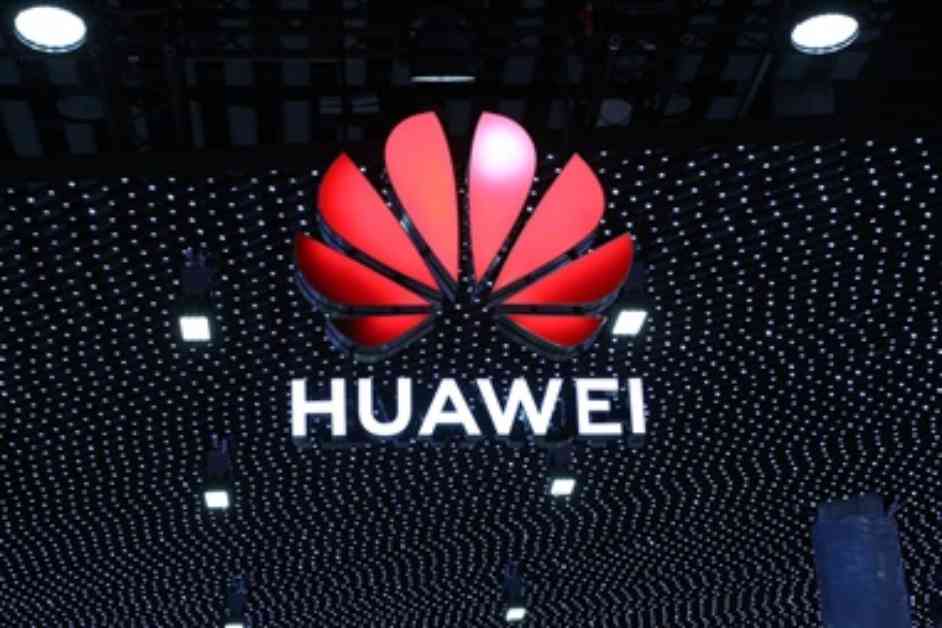As Huawei prepares to launch its new AI chip, the Ascend 910C, the tech industry is buzzing with anticipation. With ongoing US sanctions restricting Huawei’s access to certain technologies, the development of the Ascend 910C represents a significant step forward for the Chinese tech giant. According to sources from The Wall Street Journal, the Ascend 910C is poised to rival NVIDIA’s offerings in the AI chip market.
Huawei’s Ascend 910C and NVIDIA’s H100: A High-Stakes Battle
The Ascend 910C processor is currently undergoing testing by major Chinese internet and telecom firms, who are eager to see how it stacks up against NVIDIA’s H100. Huawei has reportedly informed potential clients that the Ascend 910C will match the performance of NVIDIA’s chip, a bold claim that has caught the attention of industry insiders.
In particular, major clients such as ByteDance, Baidu, and China Mobile have expressed interest in acquiring the Ascend 910C. These companies recognize the potential of Huawei’s new chip to enhance their AI capabilities and are eager to secure orders once the chip becomes available. With early negotiations already underway, it is anticipated that orders for the Ascend 910C could exceed 70,000 chips, representing a total value of around $2 billion.
The Implications of Huawei’s Ascend 910C Launch
The launch of the Ascend 910C holds significant implications for both Huawei and the larger tech industry. For Huawei, the successful introduction of the Ascend 910C would demonstrate the company’s ability to innovate and compete in the face of challenging circumstances. By developing a chip that can rival NVIDIA’s offerings, Huawei is positioning itself as a formidable player in the AI chip market.
Furthermore, the Ascend 910C launch could have broader implications for the tech industry as a whole. As Huawei seeks to challenge NVIDIA’s dominance in the AI chip market, other players may be inspired to ramp up their own efforts to develop cutting-edge AI technologies. This competition could lead to increased innovation and advancements in AI capabilities, benefiting consumers and businesses alike.
The Future of AI Chips: A Landscape Shaped by Competition
The emergence of the Ascend 910C as a potential rival to NVIDIA’s H100 underscores the intense competition within the AI chip market. As companies vie for market share and technological supremacy, consumers stand to benefit from a wider range of options and potentially lower prices for AI-enabled devices and services.
Moreover, the ongoing rivalry between Huawei and NVIDIA reflects the broader geopolitical tensions that have shaped the tech industry in recent years. With US sanctions limiting Huawei’s access to key technologies, the company’s development of the Ascend 910C represents a strategic response to these challenges. By investing in the development of its own AI chip, Huawei is seeking to reduce its reliance on foreign suppliers and establish itself as a leader in AI technology.
In conclusion, the impending launch of Huawei’s Ascend 910C AI chip represents a pivotal moment for the company and the tech industry as a whole. As Huawei prepares to challenge NVIDIA’s dominance in the AI chip market, the stage is set for a high-stakes battle that could reshape the landscape of AI technology. With major clients already expressing interest in the Ascend 910C, the chip’s potential success could have far-reaching implications for the future of AI innovation.

















